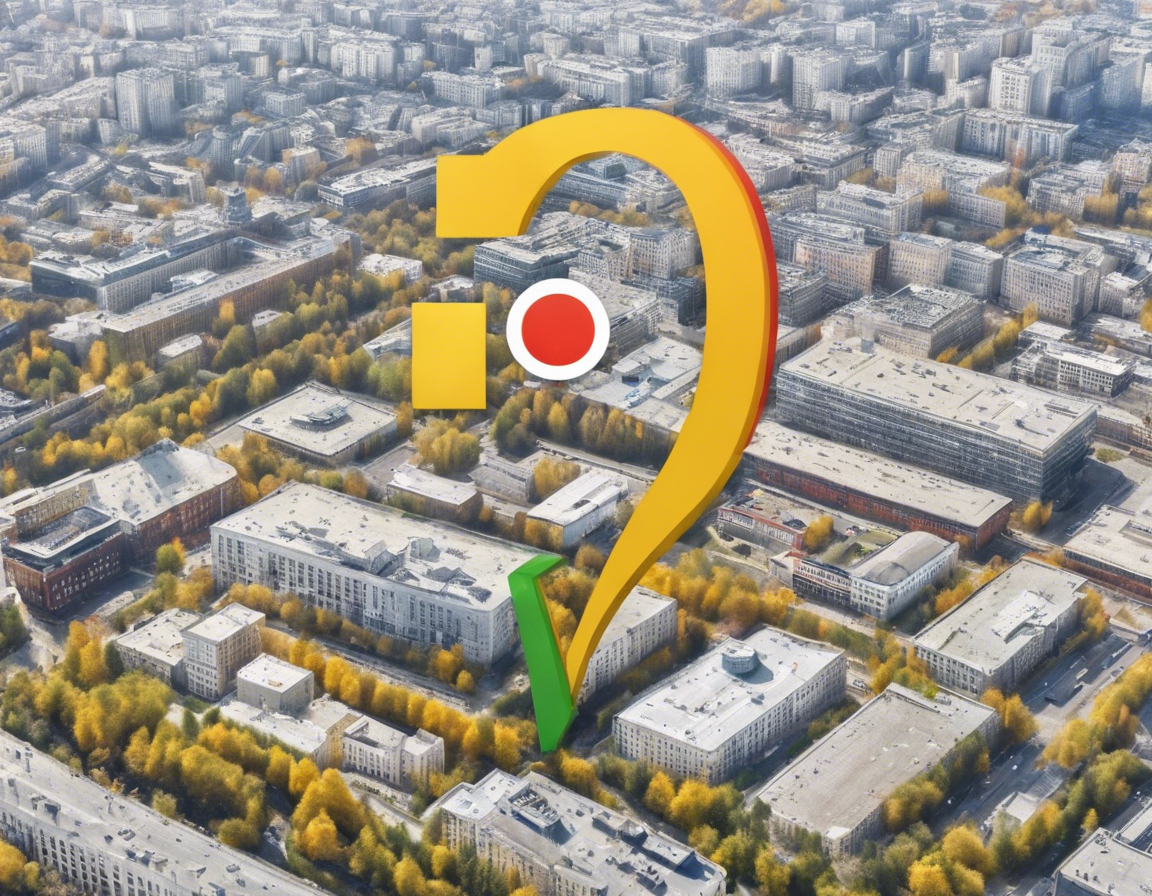
Yandex vs Google: A Search Engine Showdown
When it comes to search engines, two names stand out from the rest: Yandex and Google. While Google has become a household name worldwide, especially in Western countries, Yandex is a dominant force in Russia and neighboring regions. In this blog post, we will delve into a detailed comparison between Yandex and Google, looking at their features, differences, strengths, and weaknesses.
Background
Google, founded in 1998 by Larry Page and Sergey Brin, has grown to become the most popular search engine globally. It processes billions of searches every day and offers a wide range of services beyond search, including Gmail, Google Maps, Google Drive, and more.
On the other hand, Yandex, established in 1997 by Arkady Volozh, Ilya Segalovich, and others, is often referred to as the “Google of Russia.” It is the leading search engine in Russia and also offers services such as Yandex Mail, Yandex Maps, and Yandex Disk.
User Interface and Design
Google is known for its clean and minimalist design. The homepage features just the Google logo, search bar, and a few quick links. The search results page is well-organized, with relevant ads marked clearly. Google’s search algorithms are constantly evolving to provide users with the most relevant and accurate results.
Yandex, on the other hand, has a slightly busier homepage compared to Google. It offers a range of services prominently on its homepage, including maps, news, weather, and more. The search results page on Yandex is also cluttered with information, including news articles, images, videos, and related searches.
Search Algorithms
Both Google and Yandex use complex algorithms to rank web pages in search results. While Google’s algorithm is famously known as PageRank, Yandex uses a proprietary algorithm called MatrixNet. Google places a strong emphasis on backlinks and content quality to determine search rankings, while Yandex considers social interactions and user behavior in addition to traditional SEO factors.
Local Search
Yandex has a strong focus on local search and provides highly localized results for users in Russia and neighboring countries. It understands the nuances of the Russian language, including synonyms, declensions, and other linguistic intricacies. In contrast, Google tends to prioritize global results, although it also offers localized search options.
Privacy and Data Handling
Google has faced criticism in the past for its data collection practices and privacy concerns. The company tracks user behavior across its services to provide personalized search results and targeted ads. Yandex, on the other hand, has a strong focus on user privacy and data protection. It stores user data on servers located in Russia, which may appeal to users concerned about data security and privacy.
Mobile Apps and Integration
Both Google and Yandex offer a range of mobile apps to complement their search engines. Google’s apps, including Google Search, Google Maps, Gmail, and Chrome, are tightly integrated with its search engine. Yandex also provides a suite of mobile apps, such as Yandex Browser, Yandex Maps, and Yandex Disk, creating a seamless user experience across platforms.
Advertising and Monetization
Google is the undisputed leader in online advertising, generating the majority of its revenue from ads displayed on search results pages and other services. Google’s AdWords platform is a powerful tool for businesses to reach their target audience through targeted ads. Yandex also offers advertising solutions through Yandex Direct, allowing businesses to promote their products and services to Russian-speaking audiences.
Voice Search and Virtual Assistants
Google Voice Search and Google Assistant have revolutionized the way users interact with search engines and devices. Users can perform voice searches, get personalized recommendations, set reminders, and more using Google Assistant. Yandex has its own voice assistant called Alice, which is designed to understand natural language queries in Russian and provide personalized responses.
Market Share
While Google dominates the global search engine market with a market share of over 90%, Yandex holds a significant share of the Russian market. Yandex is the preferred search engine in Russia, with a market share of around 60-65%. Google has made efforts to expand its presence in Russia, but Yandex remains the search engine of choice for many Russian users.
Conclusion
In conclusion, both Google and Yandex are powerful search engines with their strengths and weaknesses. Google excels in providing global search results, personalized recommendations, and an extensive range of services, while Yandex offers highly localized search results, user privacy, and a suite of services tailored to Russian users. The choice between Google and Yandex ultimately depends on the user’s preferences, language requirements, and privacy concerns.
Frequently Asked Questions (FAQs)
1. Which search engine is better for global search results?
Both Google and Yandex are strong contenders, but Google is more suited for global search results due to its extensive reach and optimized algorithms for English and other languages.
2. Is Yandex a safe search engine in terms of user privacy?
Yandex takes data protection and user privacy seriously, storing user data on servers located in Russia. Users concerned about privacy may find Yandex a safer option compared to Google.
3. Can I use Yandex in languages other than Russian?
While Yandex is primarily used in Russian-speaking countries, it also offers options to use the search engine in other languages, including English.
4. Does Yandex offer the same features as Google, such as email and maps?
Yes, Yandex provides a suite of services similar to Google, including Yandex Mail, Yandex Maps, and Yandex Browser.
5. Which search engine has a better mobile app experience?
Both Google and Yandex offer robust mobile apps, but the choice may depend on personal preferences and the level of integration with other services.
From user interface design to search algorithms, privacy concerns to mobile apps, Yandex and Google each bring unique strengths to the table. Whether you are searching for information globally or locally, these two search engine giants have got you covered.

